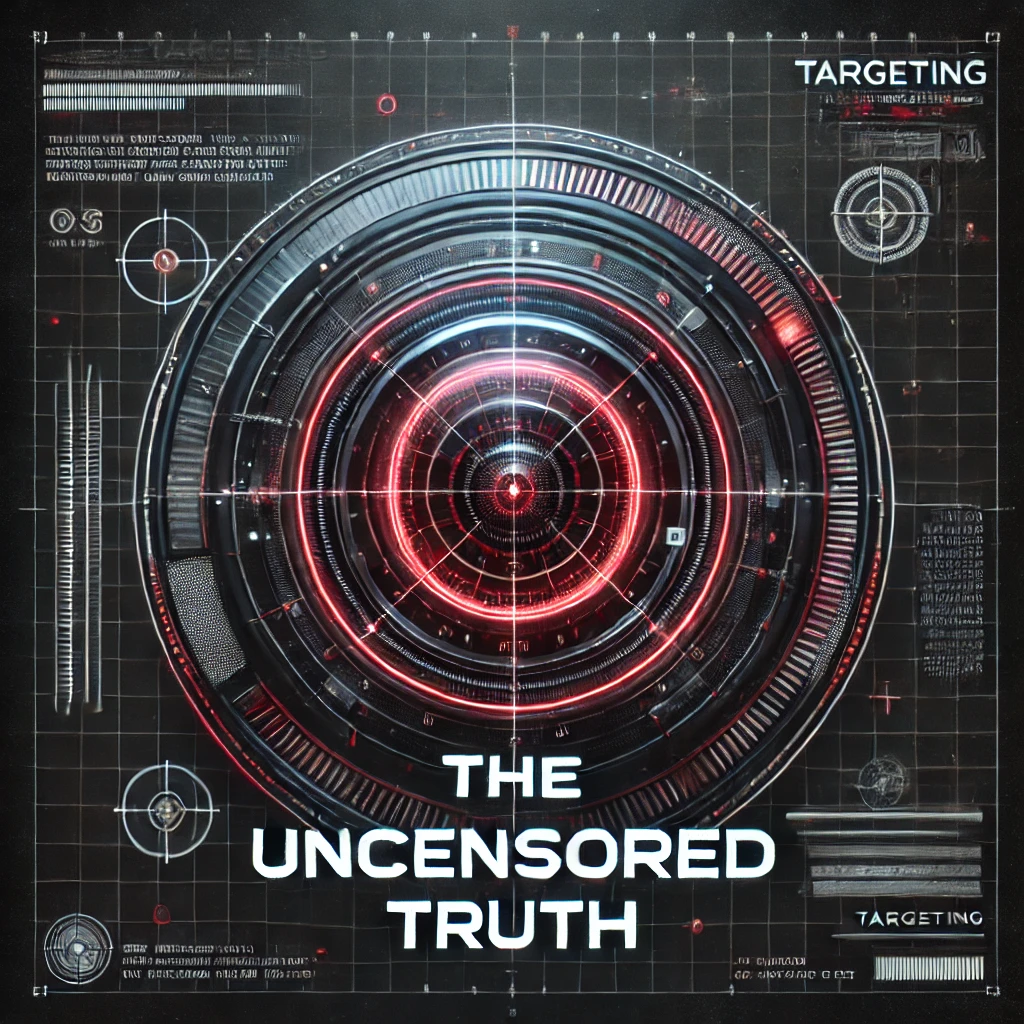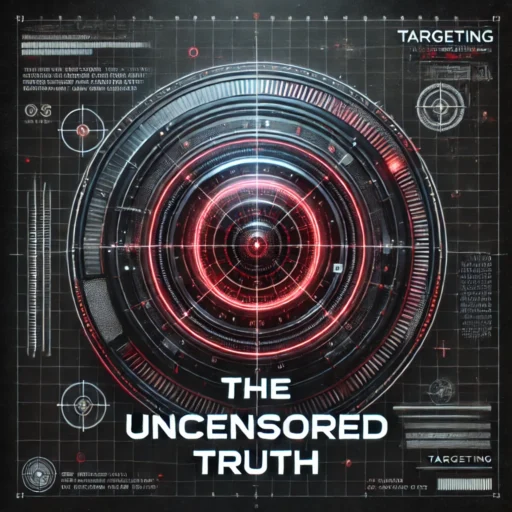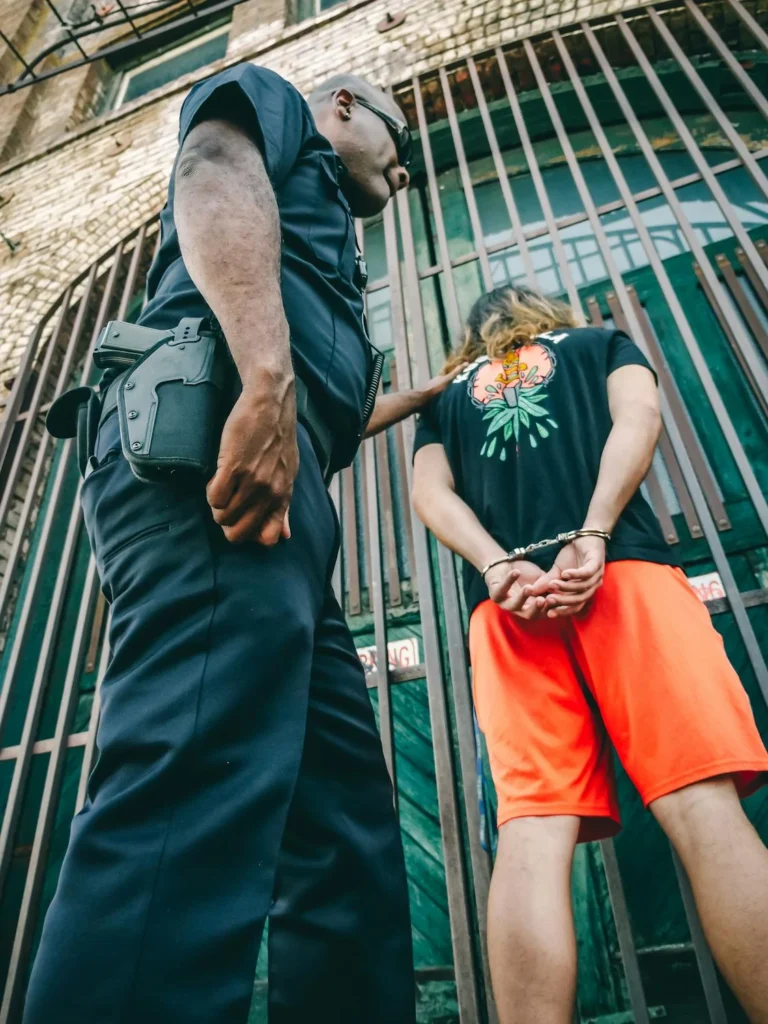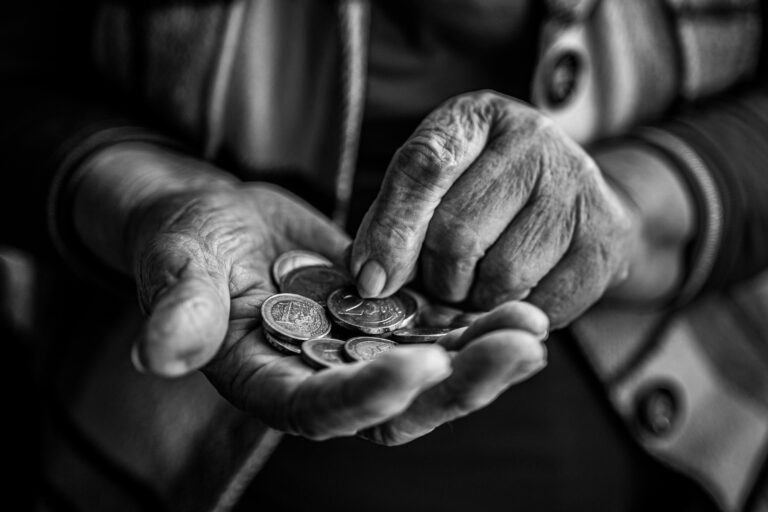I. The Quiet Reframing of Educational Freedom
In the not-so-distant past, homeschooling was viewed as an outlier — a practice reserved for rural families, deeply religious communities, or those with unique educational needs. Today, it has become a legitimate, and in many places growing, alternative to state-run schooling. During the COVID-19 pandemic, millions of families turned to homeschooling out of necessity — and many stayed. For some, it became a lifeline; for others, a revelation.
But as homeschooling’s popularity has grown, so has political and institutional pushback. Governments across the world are proposing tighter regulations, mandatory registration, and — in some cases — outright bans. Advocates frame these moves as necessary to protect children from indoctrination, extremism, and neglect. Critics see something else: a coordinated effort to reclaim control over what young minds are allowed to think — and who gets to shape their worldview.
This article explores the growing debate around a possible homeschooling ban, the motivations behind it, and what this escalating conflict reveals about the broader relationship between citizens, the state, and the future of education.
II. From Niche to Normal: Homeschooling’s Unexpected Growth
Homeschooling was once the domain of a vocal minority, often marginalized in mainstream educational discourse. But global crises, growing dissatisfaction with institutional schooling, and the rise of personalized learning technologies have changed that.
📈 A Surge in Participation
In the United States, homeschooling rates more than doubled between 2019 and 2021. In the United Kingdom, elective home education registrations soared by over 38% during the same period. Countries like Australia, Canada, and parts of the EU saw similar patterns.
🌐 Why Families Choose Homeschooling
Motivations vary widely:
-
Dissatisfaction with public education quality
-
Desire for religious or philosophical alignment
-
Special needs not adequately supported in schools
-
Concerns over bullying or ideological instruction
-
Pandemic-related safety and flexibility
While motivations are diverse, the common thread is autonomy: the belief that parents, not institutions, are best positioned to decide how — and what — their children should learn.
III. The Justification for a Homeschooling Ban: Who’s Really Concerned?
Governments and policy experts have begun framing homeschooling as a risk — not just to academic standards, but to social cohesion and political stability.
🧠 The Ideological Argument
Critics argue that homeschooling creates information silos where children are shielded from pluralistic perspectives. Harvard Law Professor Elizabeth Bartholet went so far as to suggest that homeschooling enables “authoritarian control” by parents and opens the door to “dangerous ideologies.”
Her 2020 proposal included a presumptive ban — unless parents could prove they deserve an exception.
🧩 Concerns Cited by Regulators
-
Lack of oversight over curriculum and content
-
Risk of religious or political indoctrination
-
Possibility of abuse or neglect going unnoticed
-
Social isolation and lack of exposure to diversity
While some of these concerns are valid in extreme cases, they are often extrapolated into broad policy recommendations that impact all homeschooling families — regardless of their track record or intent.
IV. Global Momentum: Who’s Moving Toward a Homeschooling Ban?
While homeschooling remains legal in much of the world, several countries have either criminalized it or created such extensive regulatory hurdles that it becomes functionally impossible.
🇫🇷 France: Targeting Extremism Through Schooling
In 2020, the French government introduced legislation effectively banning most homeschooling, citing the need to combat Islamic radicalization. President Emmanuel Macron argued that schooling was essential to defending secular values. The law passed in 2021 despite backlash from religious and secular homeschoolers alike.
🇩🇪 Germany: The Original No-Go Zone for Homeschoolers
Germany has had an outright ban on homeschooling since 1919. The state defends this on grounds of social integration and equality. Parents who attempt to homeschool can face fines, legal prosecution, and even removal of their children from the home.
🇬🇧 United Kingdom: The Rise of Registration
While homeschooling remains legal in the UK, new proposals include:
-
Mandatory registration with local authorities
-
Evidence of suitable education
-
Home inspections and potential curriculum approval
These proposals — though still under debate — signal a shift from tolerance to presumption of mistrust.
🇺🇸 United States: State-Level Efforts
In the U.S., education is decentralized — but that hasn’t stopped certain states from pushing for increased oversight:
-
Illinois introduced HB2827, a bill requiring homeschool families to register with local school districts, comply with vaccination mandates, and submit to state oversight. Non-compliance could lead to truancy charges.
-
Other states have proposed centralized databases, curriculum review panels, and mandatory teacher certification for homeschooling parents.
The common theme: compliance over choice.
V. Surveillance and Education: What’s the Endgame?
At first glance, these moves appear rooted in concern for children’s welfare. But layered beneath the rhetoric is something more structural — the assertion that the state should shape the worldview of the next generation.
🕵️ From Education to Ideological Management
As social polarization increases, schooling is no longer just about math and grammar. It’s about values, narratives, identity, and compliance. Those pushing for a homeschooling ban argue that pluralistic societies require shared reference points. But when those “reference points” become state-mandated ideologies, dissenting views — even if well-reasoned — are pathologized.
🧠 Behavioral Conditioning Through Curriculum
Education isn’t neutral. From climate science to gender theory, history framing to media literacy, curriculums now carry implicit (and sometimes explicit) ideological weight. For parents who diverge from these worldviews — either religiously, scientifically, or philosophically — homeschooling is the last bastion of intellectual sovereignty.
What happens when that refuge is removed?
VI. Risk Framing and the Power of the Exception
Supporters of greater oversight often highlight fringe cases — children removed from school to cover abuse, or rare stories of educational neglect. These extreme examples are used to justify broad restrictions on the many.
But the logic is flawed.
By that standard:
-
We would ban private schools due to financial exploitation scandals.
-
We would eliminate churches because some have enabled abuse.
-
We would distrust all parents based on a few.
Democracy does not thrive by managing exceptions through universal suspicion.
VII. The Bigger Picture: Who Gets to Shape Belief?
The homeschooling debate is not just about pedagogy — it’s about control.
📚 Who Decides What Counts as Education?
When governments set not only standards but values, and enforce them through curricular mandates, they become more than educators — they become engineers of belief.
In such systems:
-
Dissent is framed as danger.
-
Alternative narratives are dismissed as extremism.
-
Non-conformity is punished — not through prison, but through exclusion.
The battle over homeschooling is a proxy war for who gets to shape the next generation’s framework for understanding the world.
VIII. A Two-Tier System: Freedom for the Privileged
If tight regulations or a full homeschooling ban are implemented, the impact will not be distributed equally.
-
Wealthy families will pivot to private tutors, micro-schools, and international programs.
-
Middle- and working-class families will be locked into state-run systems, regardless of philosophical misalignment or quality concerns.
As with so many modern systems, freedom will remain — but only for those who can afford it.
IX. Consequences of a Blanket Homeschooling Ban: What Do We Risk Losing?
Banning homeschooling — or over-regulating it — carries consequences that extend far beyond education.
🧠 Loss of Diversity in Thought
Homeschooling families represent a diverse range of worldviews — not just religious, but pedagogical, philosophical, and cultural. Removing this diversity weakens society’s intellectual ecosystem.
🧠 Standardized Education, Standardized Thinking
As schooling becomes more centralized and digitized, there is a risk of cultivating not independent thinkers, but compliant citizens.
🧠 Erosion of the Family Unit
When parents are told they cannot teach their children unless authorized by the state, the traditional role of the family as moral and educational guide is fundamentally altered.
X. A Rational Path Forward: Accountability Without Overreach
Yes, children deserve protection. Yes, oversight matters. But that oversight must be proportional, transparent, and accountable.
A healthy society does not begin by assuming guilt or incompetence in its citizens. It begins by empowering them — and intervening only when real harm is evident.
A rational homeschooling policy would:
-
Require registration, not permission
-
Allow flexibility in curriculum within basic subject benchmarks
-
Offer support, not suspicion
-
Focus on outcomes, not ideology
XI. Conclusion: What the Homeschooling Ban Debate Really Reveals
The global push for tighter controls on homeschooling is not just an educational trend — it’s a cultural and political signal.
It tells us that:
-
State institutions increasingly view parental autonomy with suspicion.
-
Education is being reframed as a tool of ideological conformity.
-
The line between protecting children and managing belief is becoming dangerously thin.
Whether or not an outright homeschooling ban becomes the norm, the logic behind it — that compliance is safer than freedom — is already taking root.
In defending the right to educate, we are defending more than a method — we are defending the right to shape our values, our communities, and our future without permission.








